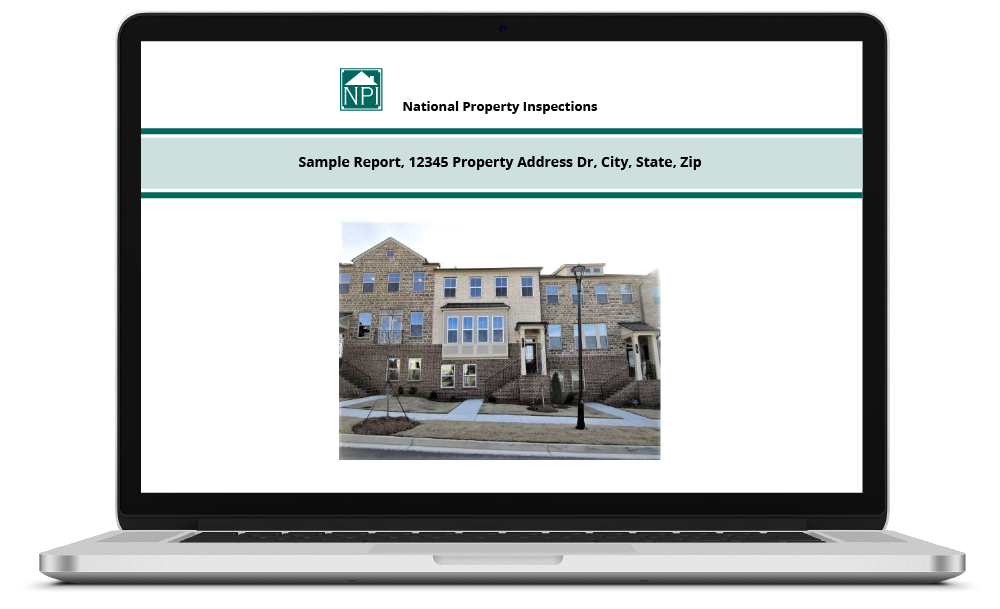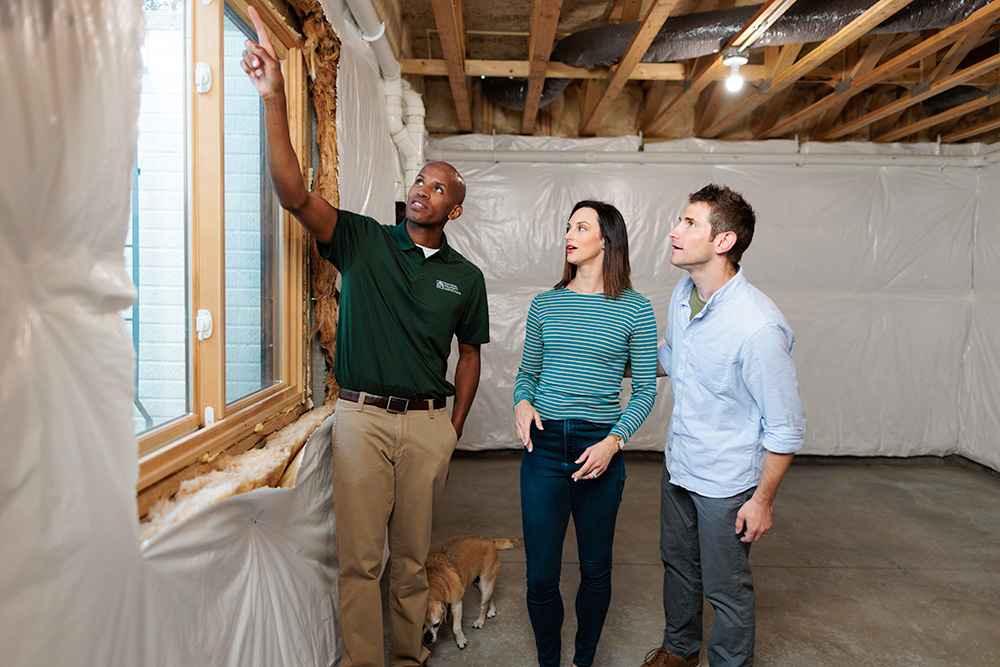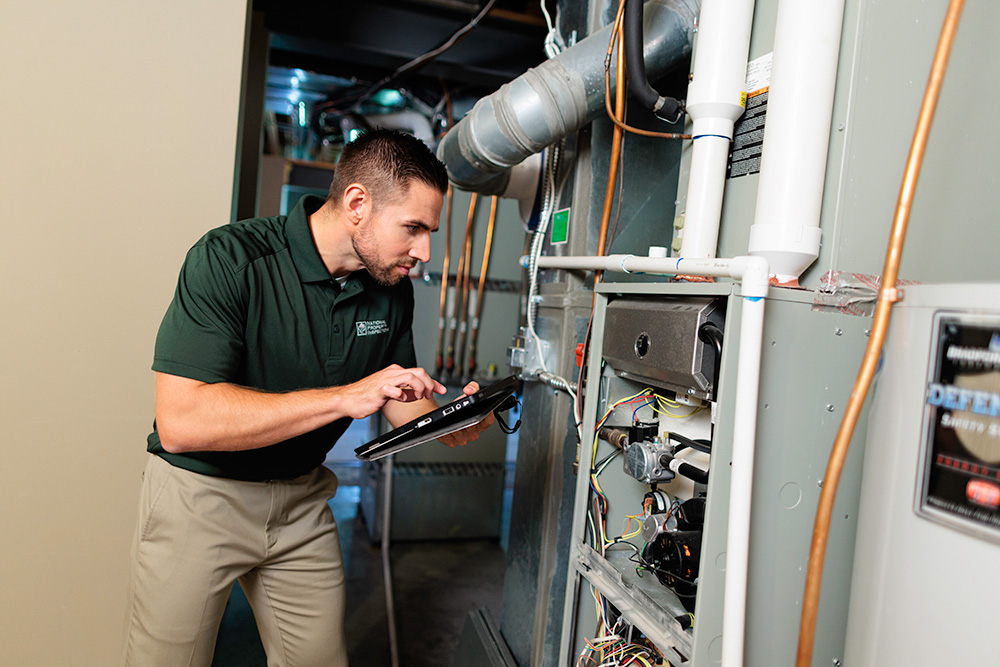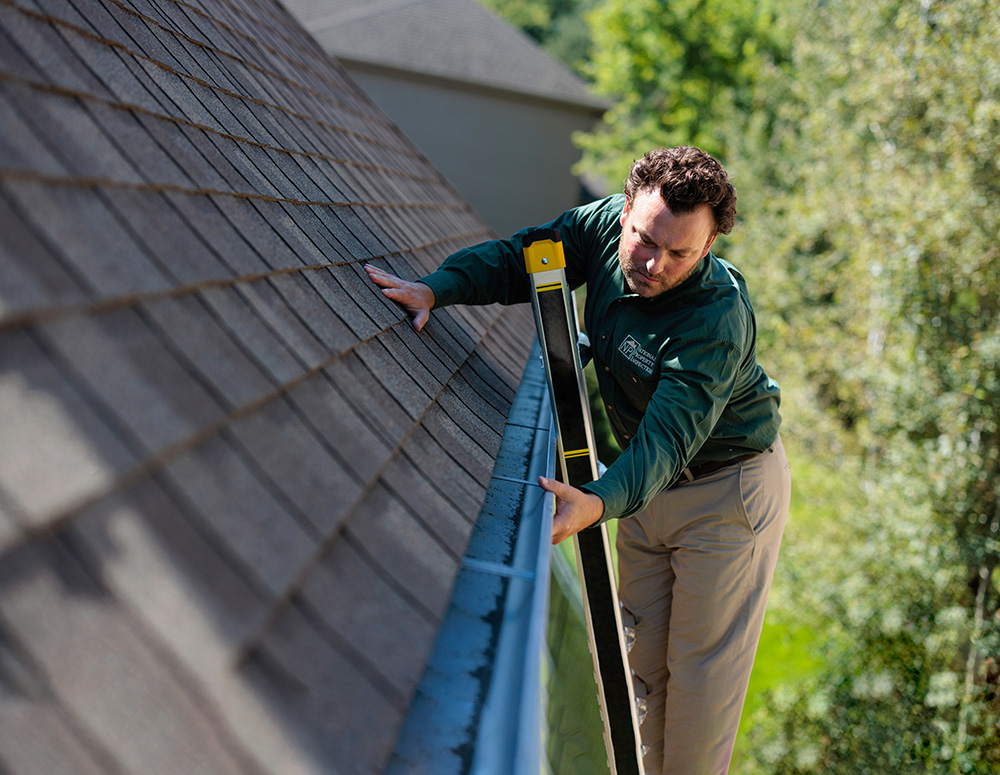Resource Center

Home Inspection & Maintenance Resources for Homeowners in St. Petersburg, Florida
Proudly Providing Inspection Services for St. Petersburg, Seminole, Pinellas Park, Tierra Verde, St. Pete Beach, Treasure Island, Madeira Beach, Redington Beach, and Surrounding Areas
At NPI, we know that owning a home can be overwhelming. Whether you’re a first-time buyer or a third-time buyer, the potential problems are always the same. However, knowing what to expect can go a long way when it comes to maintaining a healthy, beautiful home.
Here in the NPI Resource Center for Homeowners, you’ll find the information you need to ensure your property retains its equity in the long-run. Our curated materials will address your most common home maintenance concerns. From fixing a broken toilet to saving money on your energy bills, National Property Inspections will take the guesswork out of maintaining your most valuable asset—your home.
Are you a real estate professional? Visit our Resources for Agents page.
Explore a Sample NPI Home Inspection Report
Our comprehensive, easy-to-read reports are emailed to you within 24 hours of the inspection. They include a general summary of the home, home maintenance recommendations, and explanations of the condition of the home’s structure, systems, and appliances.

Home Inspection Resources for Homeowners
If you’re preparing to purchase a home, here are some great resources to explore so you can be prepared for one of the most crucial steps. NPI is your local source for home inspections, and we’re here to answer any of your questions.
How Do You Prepare for Your Inspection?
To get the most thorough, informative feedback from your inspector, be sure that you, the listing agent, or the current occupant complete the items from this list.
What’s Included in a Home Inspection, and How Long Does It Take?
Check out this blog article to learn what you can expect during your home inspection, what we look for while on site, and what factors might affect its duration.
Home Maintenance Resources for Homeowners
Proper home maintenance is essential when it comes to preserving the value and safety of your property. Explore our comprehensive resources to help you stay on top of regular upkeep, repairs, and seasonal maintenance tasks.

Download Our Free Home Maintenance Guide
Prevent smaller repairs from becoming larger, more expensive ones by conducting regular home maintenance. This guide breaks down common tasks by season.
Which Home Maintenance Items Should You Prioritize After Your Inspection?
Which items should be addressed as soon as possible and which can be put off until later? Here are your home maintenance priorities post-inspection.
Your Guide to Lawn Care: Tips for a Healthy & Beautiful Yard
In this ultimate guide to lawn care, we’ll give you tips and tricks that will help you achieve a lawn that will make your neighbors green with envy!






